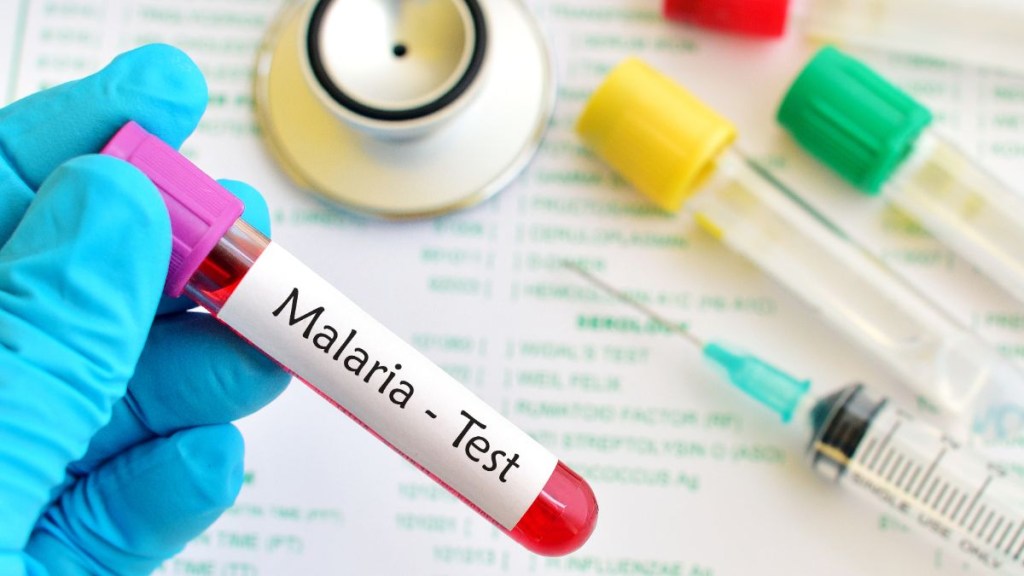New anti-Malaria drug developed by Switzerland-based Novartis has been found to be an effective treatment against the mosquito-borne infectious disease and may help counteract its growing resistance to drugs, informed the company on Wednesday.
The drug, ganaplacide/lumefantrine or GanLum, was developed by the company and the Medicines for Malaria Venture, a non-profit.
On Wednesday, Novartis announced final-stage trial results for its new treatment which is a combination of ganaplacide (a new compound) and lumefantrine (an existing long-acting medication)
How effective is the new anti-Malaria drug
Involving 1,688 adults and children across 34 sites in 12 African countries, the phase III trial found GanLum cured more than 97% of patients, slightly outperforming current artemisinin-based therapies that show around 94% effectiveness.
At the American Society of Tropical Medicine and Hygiene conference in Toronto, scientists on Wednesday presented findings from two separate studies that could aid in shaping the next generation of malaria therapy. Malaria still kills more than 600,000 people every year, out of which most are children under 5 in sub-Saharan Africa.
The growing threat of drug-resistance
While existing treatment have an effectiveness rate of around 94% against the mosquito-borne disease, the growing resistance to one of the key drugs used – artemisinin has been a growing concern.
“Drug resistance is a growing threat to Africa, so new treatment options can’t come a moment too soon,” said Abdoulaye Djimdé, the trial lead and professor of parasitology and mycology at the University of Science, Techniques and Technologies of Bamako, Mali.
Malaria parasites have repeatedly evolved to withstand new drugs over the decades, from chloroquine in the 20th century to artemisinins today. Partial artemisinin resistance, first detected in Southeast Asia, has now spread to Eritrea, Rwanda, Uganda and Tanzania, threatening years of progress.
There is a fear artemisinin combination therapies not working if resistance becomes more widespread.
Side effects reported during the trials were mild, including fever, anemia and occasional vomiting, which Novartis said may stem from the drug’s taste. The company plans to explore flavour adjustments.
The new treatment approaches can complement other efforts against malaria, including treated mosquito bed nets and new vaccines, Dr. Andrea Bosman, a malaria expert with the World Health Organization told AP.
(With inputs from Reuters and AP)
Disclaimer: The article is for informational purpose. Always consult a doctor before starting any diet or fitness routine. Always seek the advice of your doctor with any questions about a medical condition.

